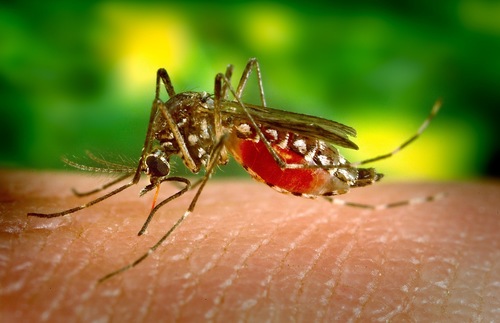
A vitally important travel event was the recent decision of the World Health Organization to elevate the Zika virus to the status of a global health emergency. Most outbreaks of the virus have occurred in Latin America and the Caribbean, and travel to those nations may be significantly reduced.
Zika is widely feared even though its impact on most people is either minor or non-existent. But it is also believed to be the cause of tragic brain defects in newborn babies, and pregnant women are therefore urged not to travel to areas where the risk is great. Nevertheless, the consequences should be kept in a far calmer perspective by most adults.
In Brazil, where the virus has been detected, officials of the forthcoming Olympic games have been nearly frantic in pointing out that the Olympics this year will take place in August, the “winter” of Brazil, when mosquito infestations are at their lowest ebb. August in Rio is a coolish time, when Zika’s impact should be slight.
Turning to better travel news, a documentary film and a new book-length memoir are travel-related in an important sense. I've written earlier about Michael Moore’s rollicking Where to Invade Next movie, which takes the viewer through several European countries (and Iceland) for the purpose of examining various social and political policies which he believes should be adopted in the United States. Whether you agree with that advice or not, you will be greatly entertained and edified by Moore’s presentation, which has finally been released (after a long waiting period; February 12 is the exact date of its appearance) in movie houses across the country. I earlier believed that it would be available to the public at a far earlier time; and am happy to correct that impression, now that the film can actually be seen.
The other cultural event bearing on travel, a colorful, book-length memoir by feminist icon Gloria Steinem, is called My Life on the Road, and is a fascinating tale of the almost-constant travels in which she has been involved, advocating the triumph of the feminist movement, following her first appearance on the national stage. Gloria Steinem believes that widespread, frequent travel is essential to a civilized life, and her colorful telling of episodes from her travels is not only entertaining but highly instructive (she has no car and does not drive and believes that the use of public transportation--buses, planes, even taxis--leads to life-altering contacts with other people). It is an entertaining but instructive best-seller that every American traveler should read. (I emphasize its travel lessons, although the achievements of feminism are obviously the goal for which she made these trips, in a lifetime of constant travel).
Speaking of books: While I hesitate to fill this column with news of the travel guides that my daughter and I publish, I can’t resist advising that three of our most unlikely guidebooks have recently surged to the top of the bestseller lists (as other travel publishers have also experienced). Our Frommer’s EasyGuide to Iceland, of all places, was recently our best-selling book, and it was soon followed by our guidebooks to Cuba and Japan. Apparently, travel to Iceland is booming, and recent visitors to that lightly-inhabited country have returned with ecstatic stories of its fascinating attractions. Cuba is next on the list, even though the slow process of negotiating flights and cruises there has thus far limited the number of people actually going. And the plunge in the value of the Japanese Yen has resulted in a near-avalanche of American travel to the “land of the rising sun.” Hence, a book that we once hesitated to publish is enjoying record sales.
Is it safe to travel to North Korea? All of us would normally have shouted a resounding "No," except for tours operated by two foreign companies headquartered in Beijing: Koryo Tours and Young Pioneers, which both have an impressive record of conducting rigidly organized group trips to Pyongyang and nearby, from which all participants have returned safely. Their tours were so closely supervised by local officials that no participant could be claimed to be a “spy” or “oppositionist” by the North Koreans.
But recently, the luck of Young Pioneers’ tour program ran out, and one of their tour members—apparently a young American—went missing, probably detained and imprisoned. So how should one answer a renewed question—is it safe to tour North Korea? With a resounding "No."





